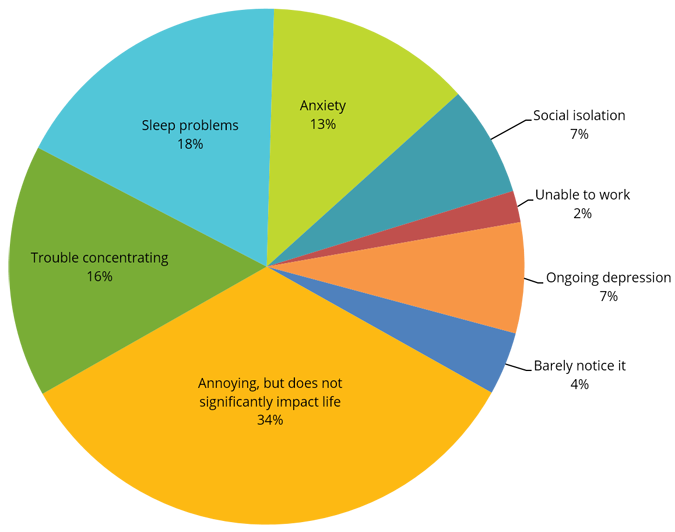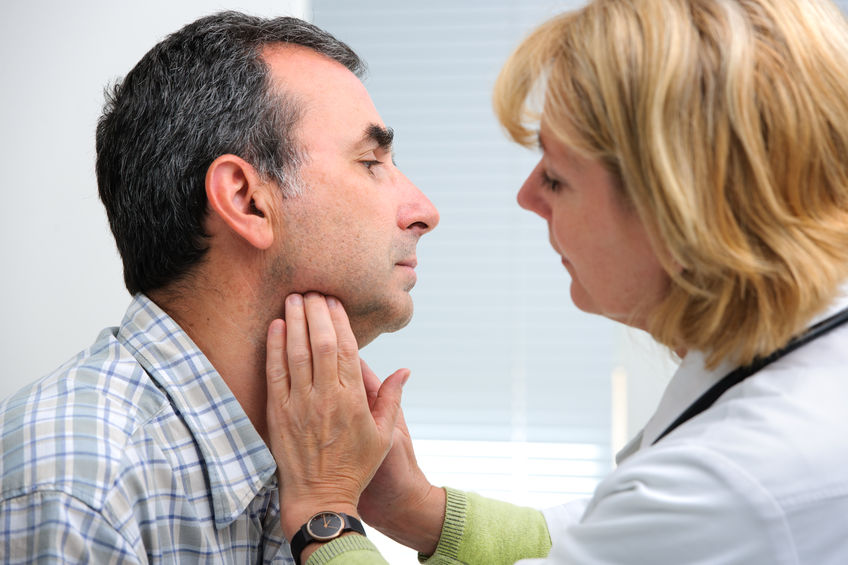Tinnitus is a ringing or buzzing in the ears that most of us have experienced at one point in our lives, however, for some, it is a more serious and reoccurring issue. Tinnitusis Latin forto tinkle or to ring like a bell.It is pronouncedti-night-usortin-ni-tus, and either way is correct. According to the US Centers for Disease Control and Prevention, 50 million patients report having tinnitus.
The Centers for Disease Control has also found:
- 15% of Americans experience tinnitus symptoms
- 20 million have chronic cases
- 2 million suffer from debilitating cases
There are several groups of people at higher risk for suffering tinnitus symptoms:
- People who work around loud machinery
- Musicians and music lovers
- Hunters and gun enthusiasts
- Senior citizens
- Active and retired military. This has become the top service related disability of veterans of recent conflicts.
- Cancer patients receiving chemotherapy
According to Minel, et al., symptoms associated with tinnitus include anxiety, personality disorders, stress (health or occupational), insomnia, headaches and pain, PTSD, and processing speed difficulties. (J Neurol Neurosurg Psychiatry. 2014;85[10]:1138).
For tinnitus patients with complaints of insomnia, difficulty falling asleep, middle of the night and early morning awakenings, and morning fatigue and chronic fatigue are hallmarks of this condition (J Neurol Neurosurg Psychiatry. 2014)
The impact of Tinnitus:
- Distress
- Depression
- Anxiety
- Frequent mood swings
- Sleep disturbances
- Irritability or frustration
- Poor concentration
- Pain (particularly when tinnitus is accompanied by hyperacusis)

There is presently no known cure for tinnitus. However, there are very good, well-established tools and treatments that can significantly reduce the perceived burden of tinnitus.






